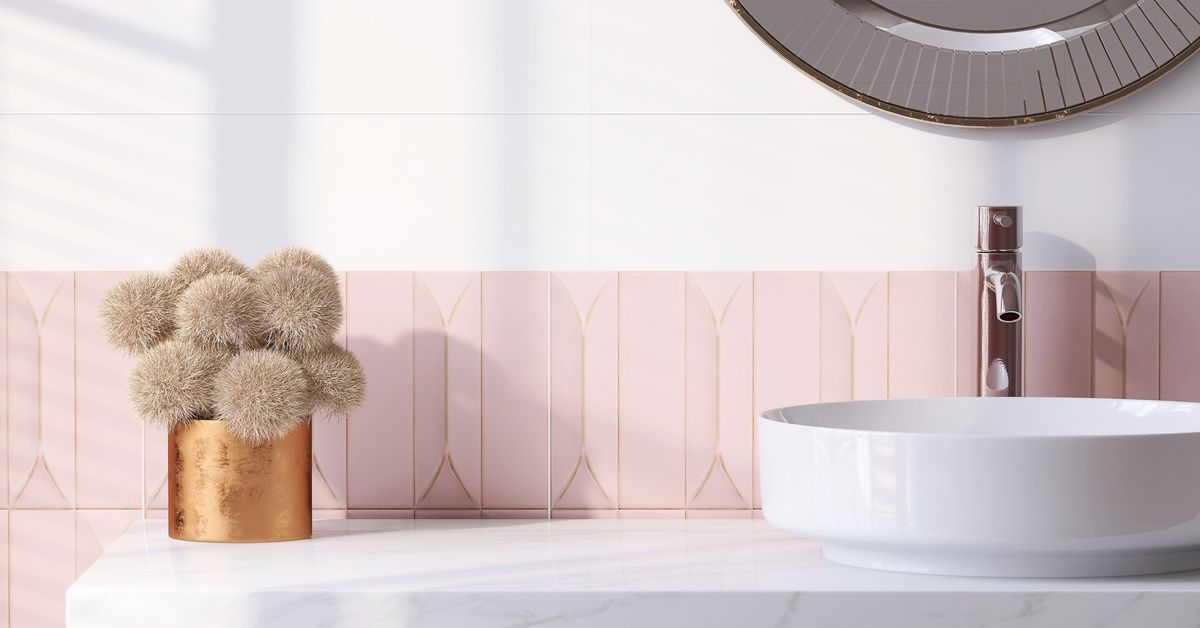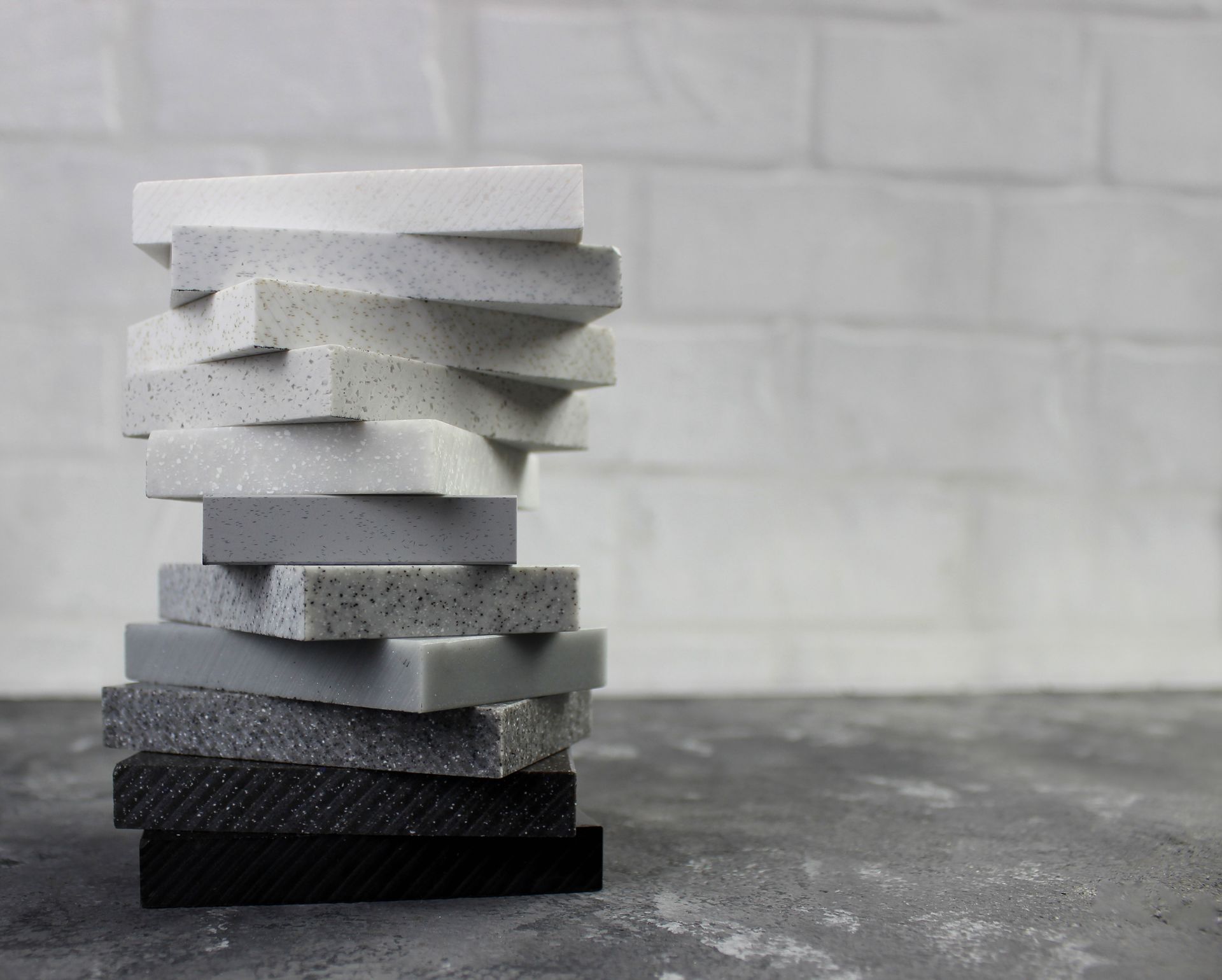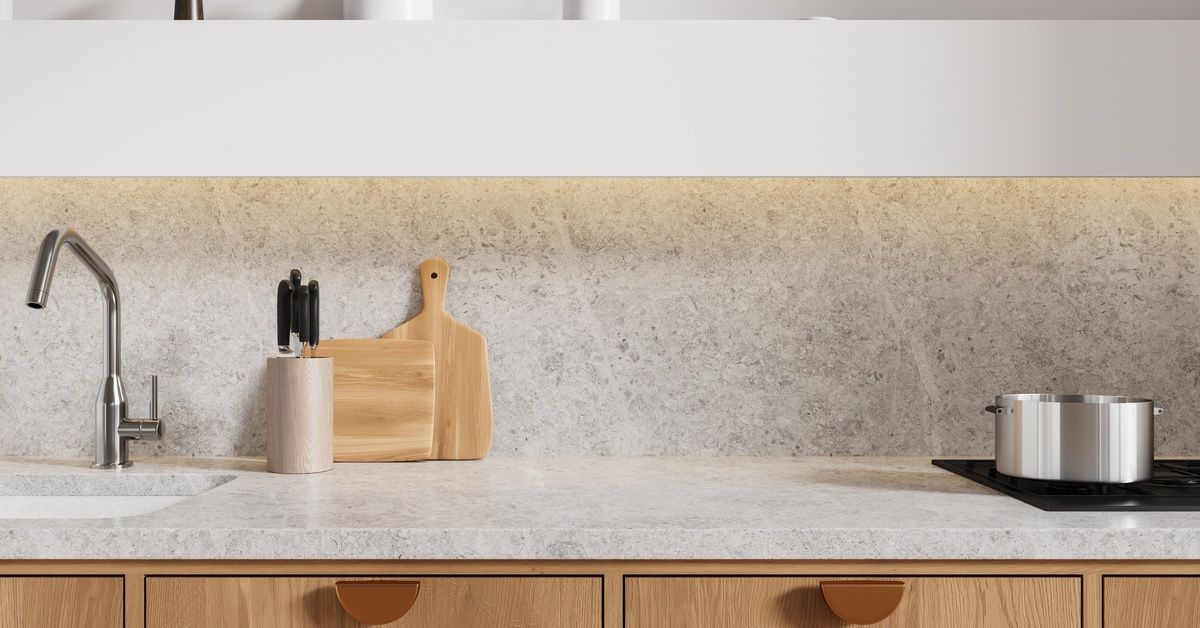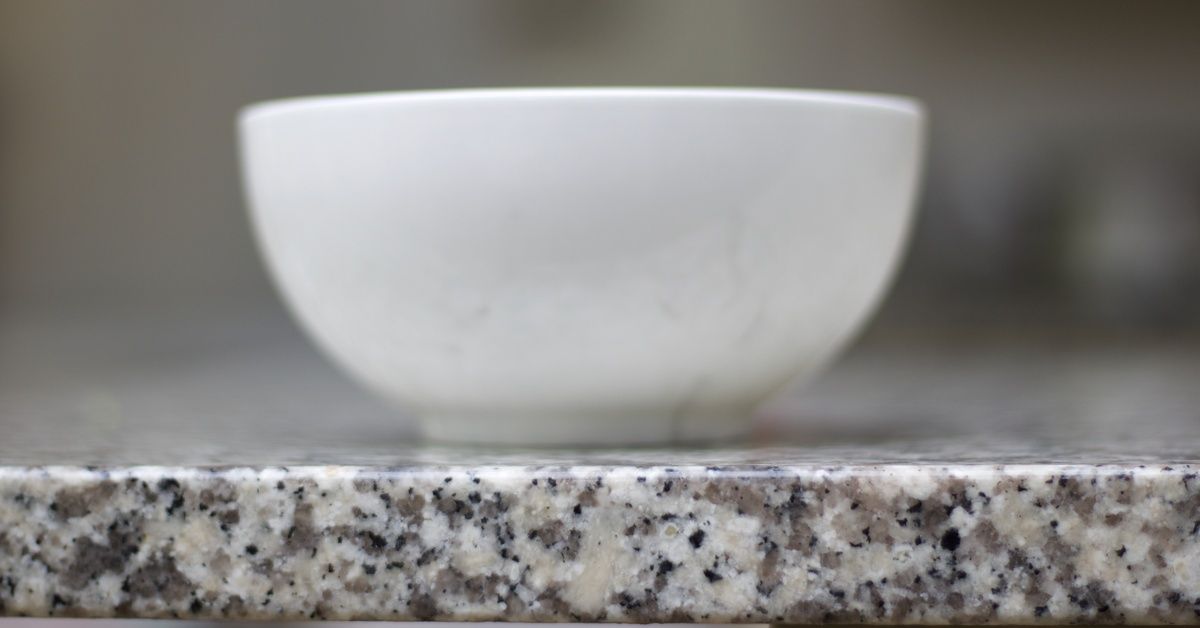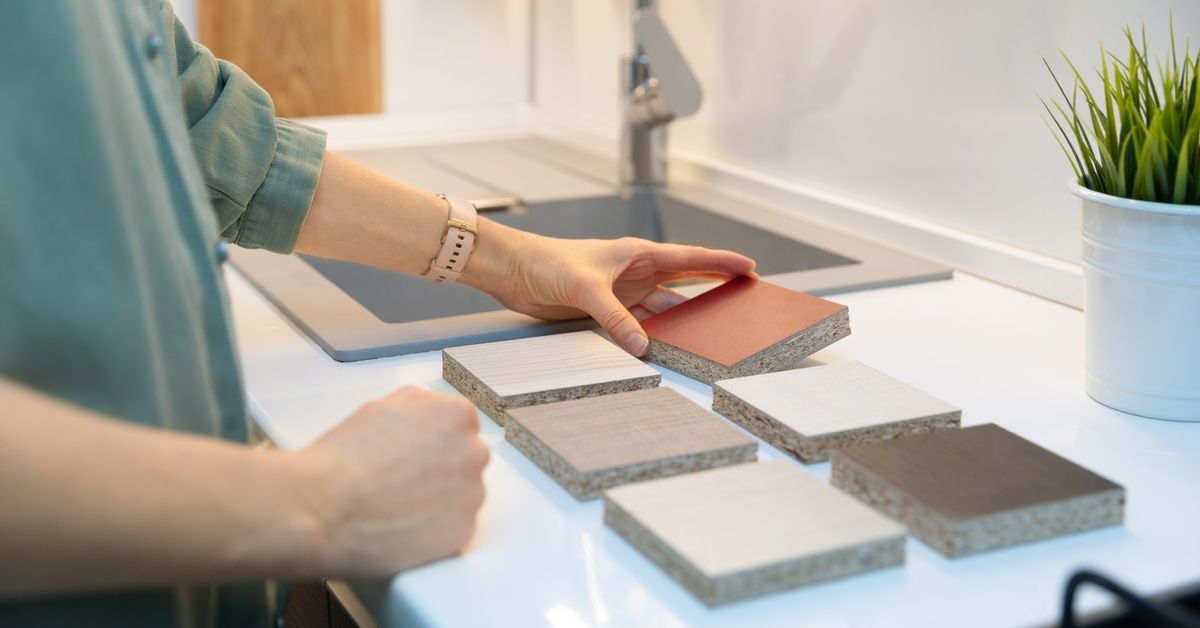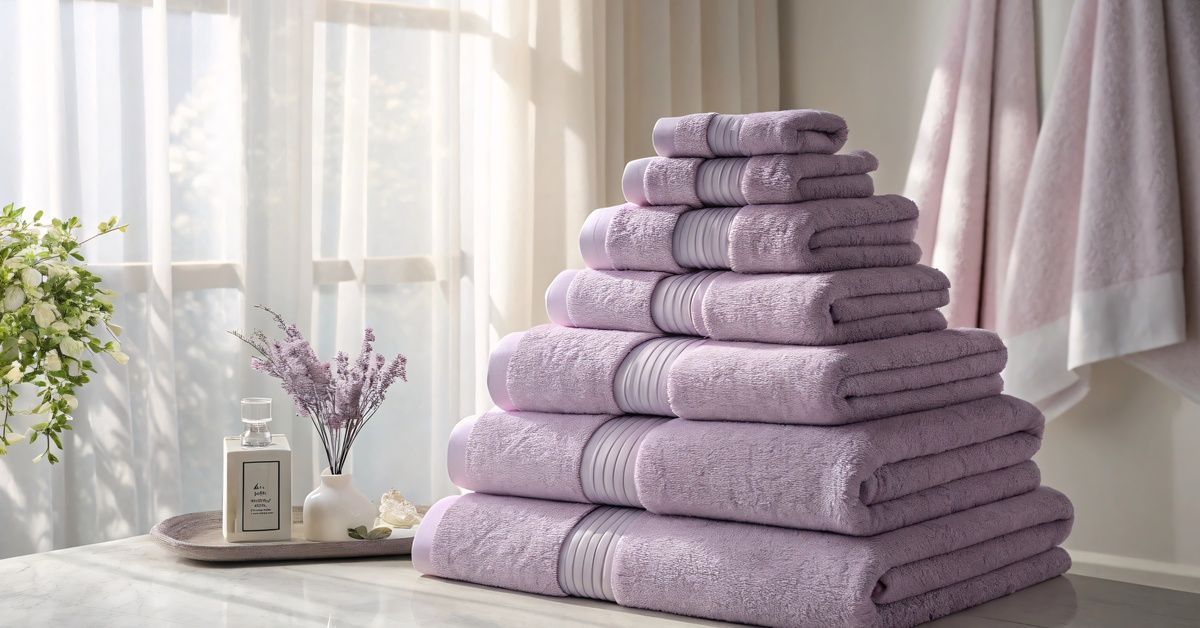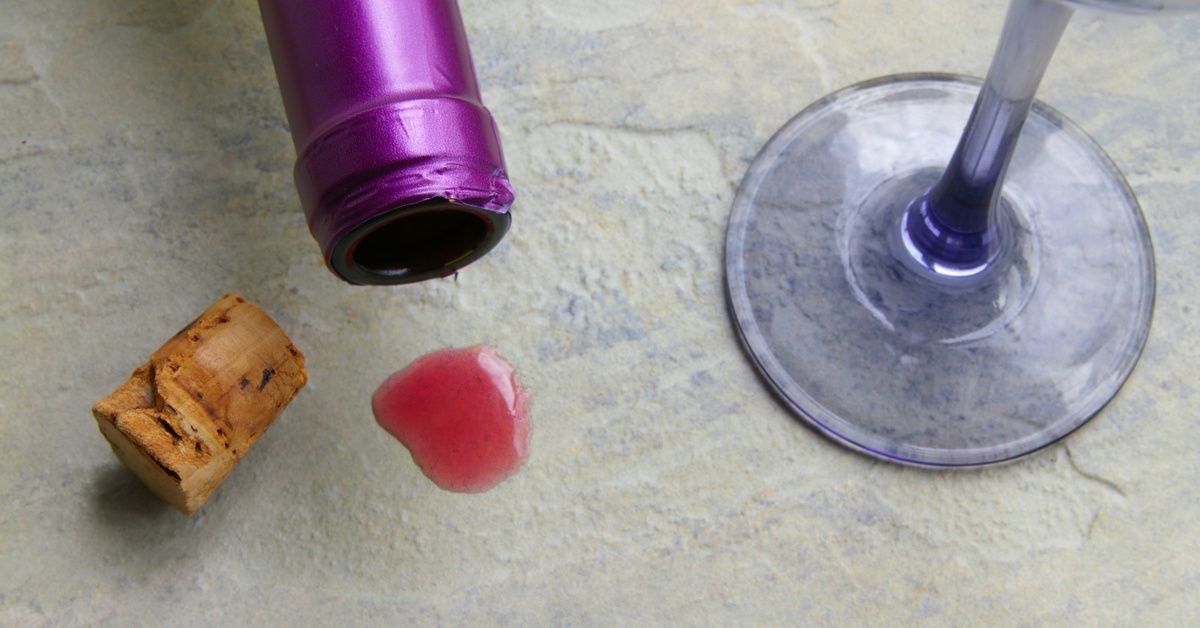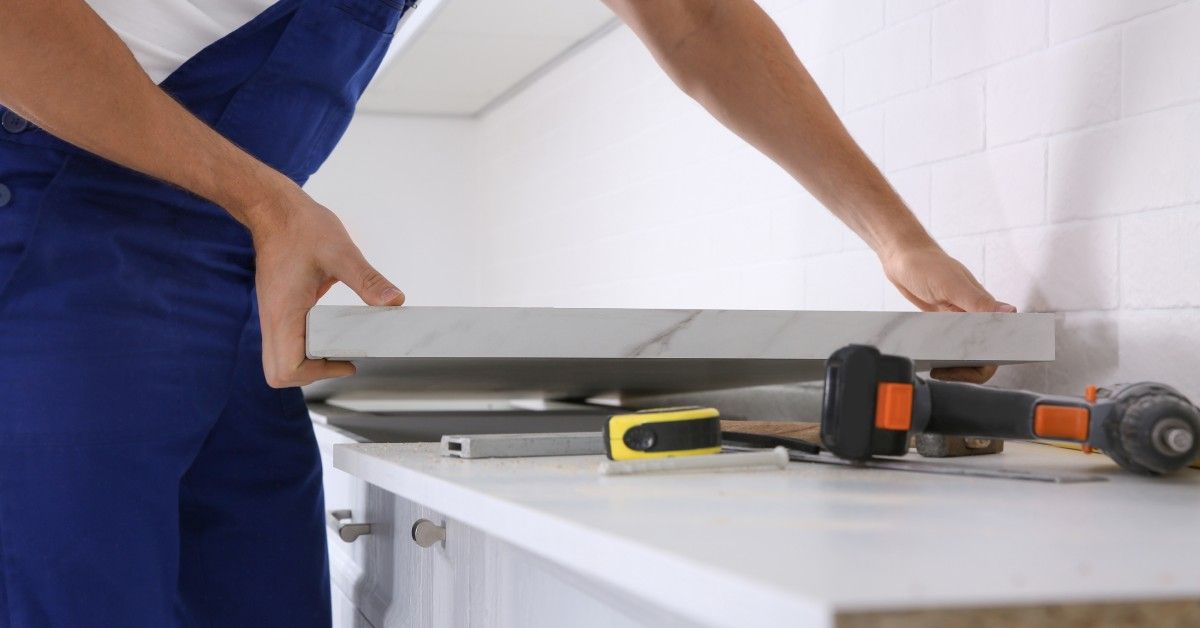The Pros and Cons of Installing New Quartz Countertops
Quartz countertops are quickly becoming a favorite choice among homeowners for their aesthetic appeal, durability, and easy maintenance. As kitchen trends evolve, quartz has positioned itself as a versatile, long-lasting material that competes with traditional choices like granite or marble. But deciding whether these countertops are the right fit for your home requires a closer look at their benefits and drawbacks.
We’re diving into the pros and cons of installing new quartz countertops so that you can make an informed decision that fits your lifestyle, design expectations, and budget.
The Benefits of Enhanced Durability With Quartz
Durability is one of the biggest selling points of quartz countertops. Quartz uses a combination of natural quartz crystals and resins, which creates a dense, non-porous material that’s exceptionally strong. Unlike natural stones—such as granite or marble—quartz resists chips, cracks, and scratches with ease.
For households with busy kitchens, children, or a whole lot of meal prep, this durability is invaluable. Quartz surfaces can also withstand daily wear and tear without showing visible signs of damage, which makes them a long-term investment for homeowners looking for reliability in their kitchen design.
Quartz Countertops Offer Low Maintenance Advantages
One of the more standout features and arguably a big pro of quartz countertops is their low maintenance requirements. Unlike marble or butcher block options that require regular sealing or oiling, quartz remains a hassle-free option.
Its non-porous surface ensures that stains won’t seep in, whether it’s wine spills, coffee rings, or oil splatters. A simple wipe with warm, soapy water is more than enough to keep your countertop sparkling clean. For anyone who values ease of upkeep, quartz countertops offer unmatched convenience. Meal prep and busy children don’t stand a chance with this ease.
The Design Versatility Options for Quartz Countertops
Quartz countertops excel when it comes to personalization. Unlike natural stones that offer limited patterns and colors, quartz is available in an astonishing array of styles, thanks to its engineered nature.
Whether you prefer the subtle elegance of white or the dramatic veins of black marble aesthetics, quartz has you covered. Modern innovations have even introduced finishes that mimic natural textures like honed or leathered, which give your kitchen a one-of-a-kind character. This versatility makes quartz a favorite for interior designers and homeowners.
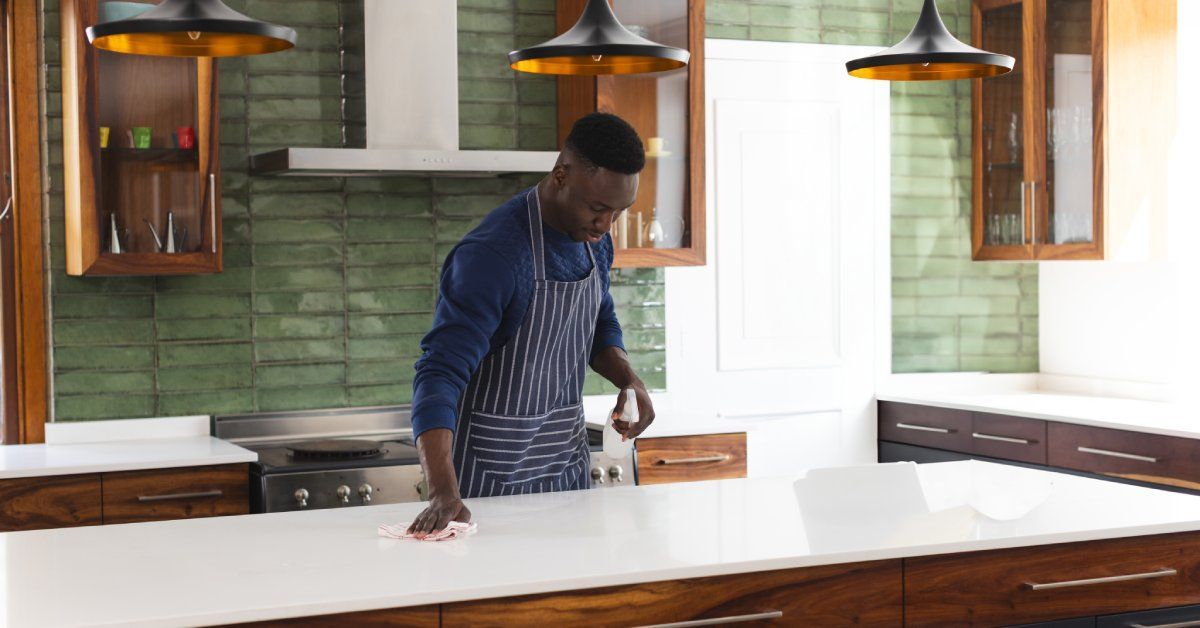
Does Quartz Provide a Hygienic Kitchen Surface?
Kitchens are the heart of the home, which makes hygiene a top priority. With quartz countertops, you will rest easy knowing you’re working on one of the most sanitary surfaces available.
The non-porous construction prevents stains and inhibits the growth of bacteria, mold, and mildew. Some premium quartz brands even incorporate antimicrobial properties into their design for added peace of mind. This makes it ideal for homeowners who want the assurance of a clean, food-safe surface.
What Is the Lifespan and Value Retention of Quartz?
When you invest in quartz countertops, you’re investing in a feature that will last for decades. This is undoubtedly another pro that shouldn’t be overlooked. The material stands the test of time and demands minimal repair or replacement over its lifespan.
Quartz kitchen countertops aren’t just about durability, either; they retain their beauty and value exceptionally well. For homeowners planning to sell their property down the line, quartz countertops are a major selling point that adds considerable resale value to the home.
Now that we’ve discussed several advantages, it’s time to get honest about the downsides of quartz countertops.
The Cost Implications of Quartz Countertops
While quartz countertops shine in many areas, they come with a notable downside: cost. Quartz tends to be more expensive than laminate or tile options and rivals high-end materials like granite and marble.
The upfront investment might be intimidating, with prices depending on the brand, color, and finish you choose. However, the long-term value they provide in durability and low maintenance often offsets this initial cost for people who prioritize quality.
The Limitations in Heat Resistance
Quartz countertops are heat-resistant but not heat-proof. Prolonged exposure to high temperatures can cause discolored spots or sometimes cracks in the resin. Placing hot pots, pans, or baking trays directly onto the surface is not recommended.
By using trivets or heat pads, homeowners can easily work around this limitation and preserve the appearance and integrity of their quartz countertops.
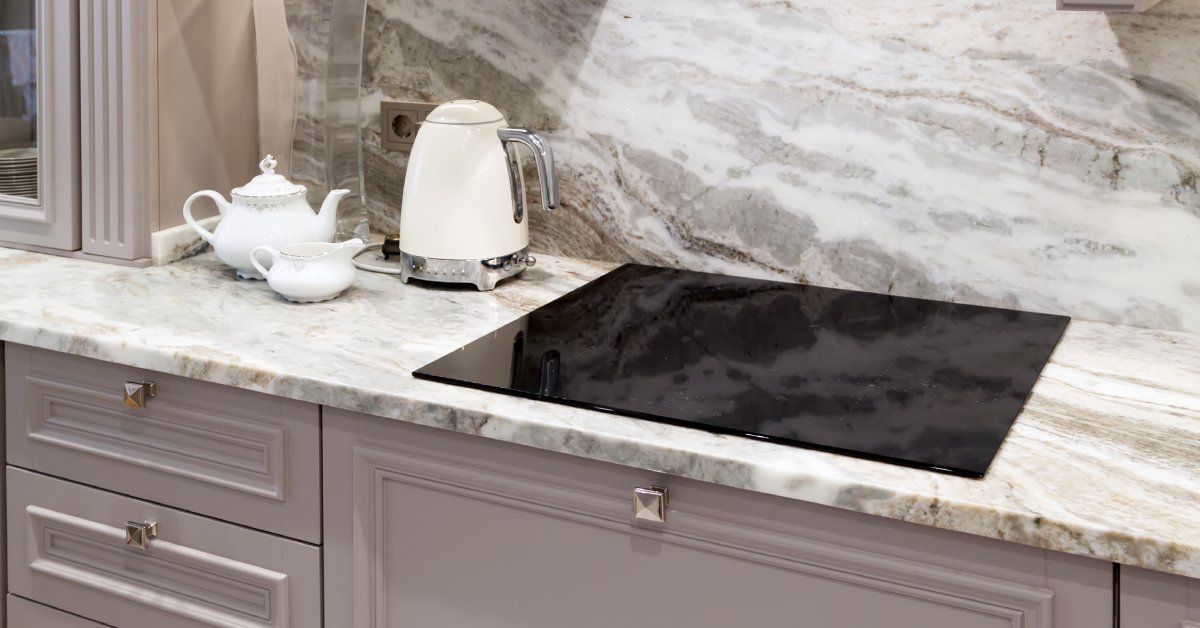
Do Seams Appear in Large Quartz Countertop Installations?
For expansive kitchen layouts requiring larger slab areas, seams in quartz installations do become visible, which bothers some homeowners looking for seamless appearances. While manufacturers and installers strive to minimize the appearance of these seams by matching colors and patterns, they may still be noticeable in certain lighting conditions or with intricate designs.
If seamless aesthetics are a priority, consider discussing slab size and seam placement with your fabricator beforehand to set the right expectations.
Color Fading Issues With Quartz in Direct Sunlight
Quartz countertops fade or discolor when they’re exposed to prolonged direct sunlight. This is particularly important for outdoor kitchens or areas with large, unshaded windows. Over time, UV rays alter the pigmentation of the quartz and leave an uneven or dulled colors.
If your kitchen or space receives heavy sunlight exposure, consider UV-resistant finishes or consider positioning the countertop in shaded areas.
Are Quartz Countertops an Environmentally Sustainable Choice?
Although quartz countertops are engineered, they still require the extraction of natural resources and significant amounts of energy for manufacturing. This raises questions about their overall environmental impact when compared to sustainable materials, such as reclaimed wood or recycled glass.
However, some manufacturers are committing to eco-conscious practices by sourcing recycled materials and reducing waste. Researching brands with green certifications or sustainable initiatives can help eco-minded homeowners make an informed choice.
Consider the Pros and Cons for Your Kitchen
Quartz countertops are a stunning, functional choice for any modern kitchen. They offer unmatched durability, low maintenance, and a hygienic surface while adding a touch of elegant versatility to your home design. However, their higher upfront cost and environmental considerations may give some homeowners pause, or at least the chance to rethink their options.
Choosing the right countertops depends on your specific needs, preferences, and budget. If you’re ready to explore how quartz countertops can transform your kitchen , start consulting with a countertop expert today to weigh the pros and cons carefully. The perfect slab is waiting!

